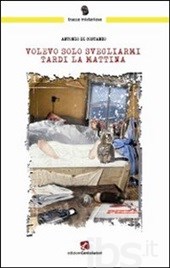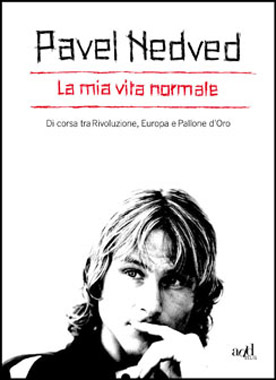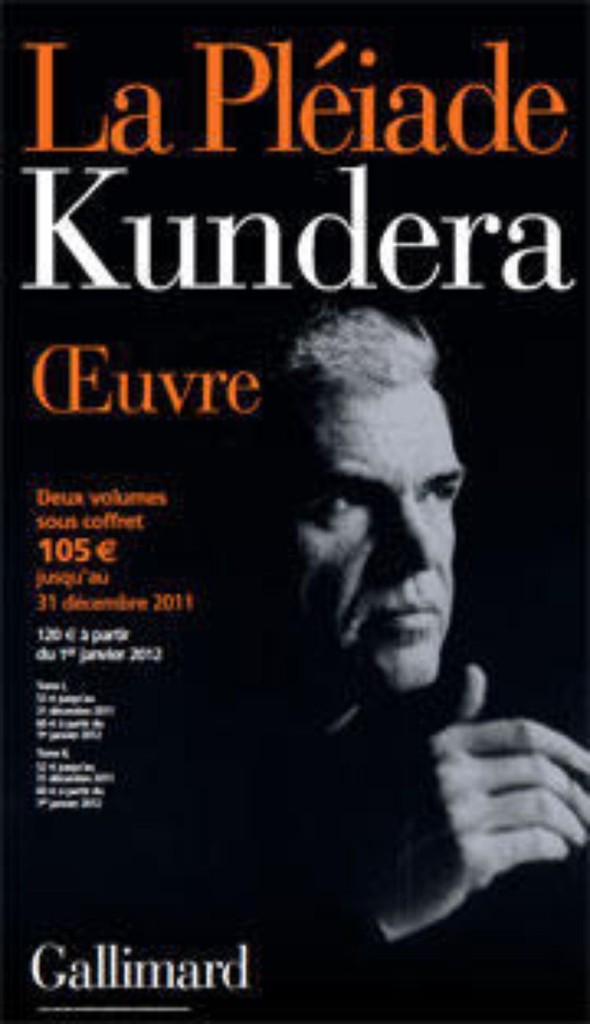I just wanted to wake up late in the morning
Jaroslav Hašek’s ghost is wandering through the streets of Naples. To embody, in a Neapolitan style, the spirit of the Prague writer, is Jacopo Fernandez, the hard drinking journalist protagonist of “ I just wanted to wake up late in the morning”, the debut novel by Antonio Di Costanzo, published by CentoAutori, the Neapolitan publishing house. Like many characters in “Racconti” by Hašek, from which Di Costanzo says openly that he draws his inspirations, Fernandez is an antihero par excellence, who would like to isolate himself from the rest of the world and lead a life between of hangovers, in a poor district of Naples, populated by characters who live on the margins of society. Thanks to him, the author desecrates his surrounding world, particularly the journalistic one, describing with irony and a vain of sarcasm those colleagues who are eager for scoops and the way in which, patently false news, can be passed off as true. Besides, well before his actual death, Hašek in “How I met the author of my obituary”, had to confront a journalist, author of a terrifying article which described, his death with great detail, which supposedly had taken place in a tavern in Russia.
autore di un terrificante articolo che descriveva in maniera dettagliata la sua morte avvenuta in una bettola in Russia.

Antonio Di Costanzo,
I just wanted to wake up late in the morning
CentoAutori: Naples 2010,
pp: 120
Lieutenant Alvaro, the Red Squad
Giulio Paggio, alias “Lieutenant Alvaro”, was the founder and leader of the notorious “Red Squad Partisan Martyrs”, a paramilitary organization of former Milan communist partisans who, between 1945-1949, decided not to depose their arms and continue a daily activity of anti-fascist “vigilance”. Their armed actions against members of the neo-fascist organizations gave rise to several acts of violence and murders. This book narrates the story of the controversial and mysterious Red Squad commander. Following a life sentence by the Italian judiciary, Paggio was able to escape to Czechoslovakia, also thanks to the support of the Communist Party. He lived in that country for many years, under a false name, together with other refugees. Pardoned in 1978 by Alessandro Pertini, Paggio continued his life in Prague, where he died in 2008. A historical document that recounts a piece of history of our Country, that is in some respects still obscure and controversial.

Massimo Recchioni,
Lieutenant Alvaro, the Red Squad and the Italian political refugees in Czechoslovakia
DeriveApprodi: Rome 2011,
pp: 216
My normal life
This book is the autobiography of Pavel Nedvěd, born in 1972, former 2003 Czech golden ball football player for Dukla Sparta Prague, before joining Lazio and then Juventus. After a rewarding career, the “Czech Fury”, that Pelé included in the FIFA list of the 125 best players in football history, is now a member of the board of directors of the Juventus club. In this book, written together with Michele Dalai, Nedvěd reveals a number of amusing anecdotes, experiences and secrets on his private life, as well as on his career as a footballer. The book is full of reflections on the world of football in general, ranging from the calciopoli scandal to the sad phenomenon of doping, but also delves into other issues, such as the Velvet Revolution and the division of Czechoslovakia.

Pavel Nedvěd,
My normal life. Running between revolution, Europe and the golden ball.
ADD Editore: Turin 2010,
Pp: 175
Kundera, Oeuvre
The most prestigious recognition, after the Nobel Prize, to which a writer can aspire, is surely the publication of his work in the legendary Bibliothèque de la Pléiade, a prestigious French collection started in 1923 that has become famous around the world and which was published by Gallimard. The recognition acquires greater value when, as in the case of Milan Kundera, the writer in question is still living. To add the name of the author of “L’insostenibile leggerezza dell‘essere”, among the group of immortals in literature, together with Balzac, Rabelais, Molière, Goeth and so on, was the French publishing house, with the publication of two volumes containing the complete works of the Czech dissident writer, who since 1975, has chosen France as his adoptive homeland.

Milan Kundera, Introduction and biography by François Ricard,
translation by Marcel Aymonin, François Kérel,
Gallimard Editions: Paris 2011,
pp. 2787




